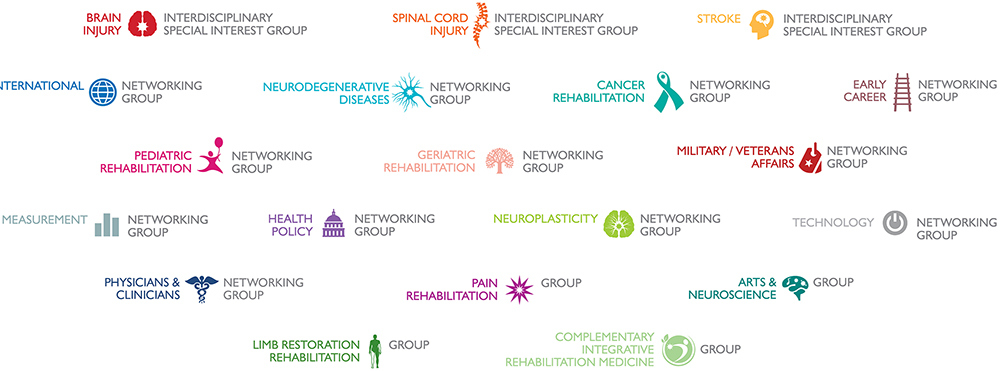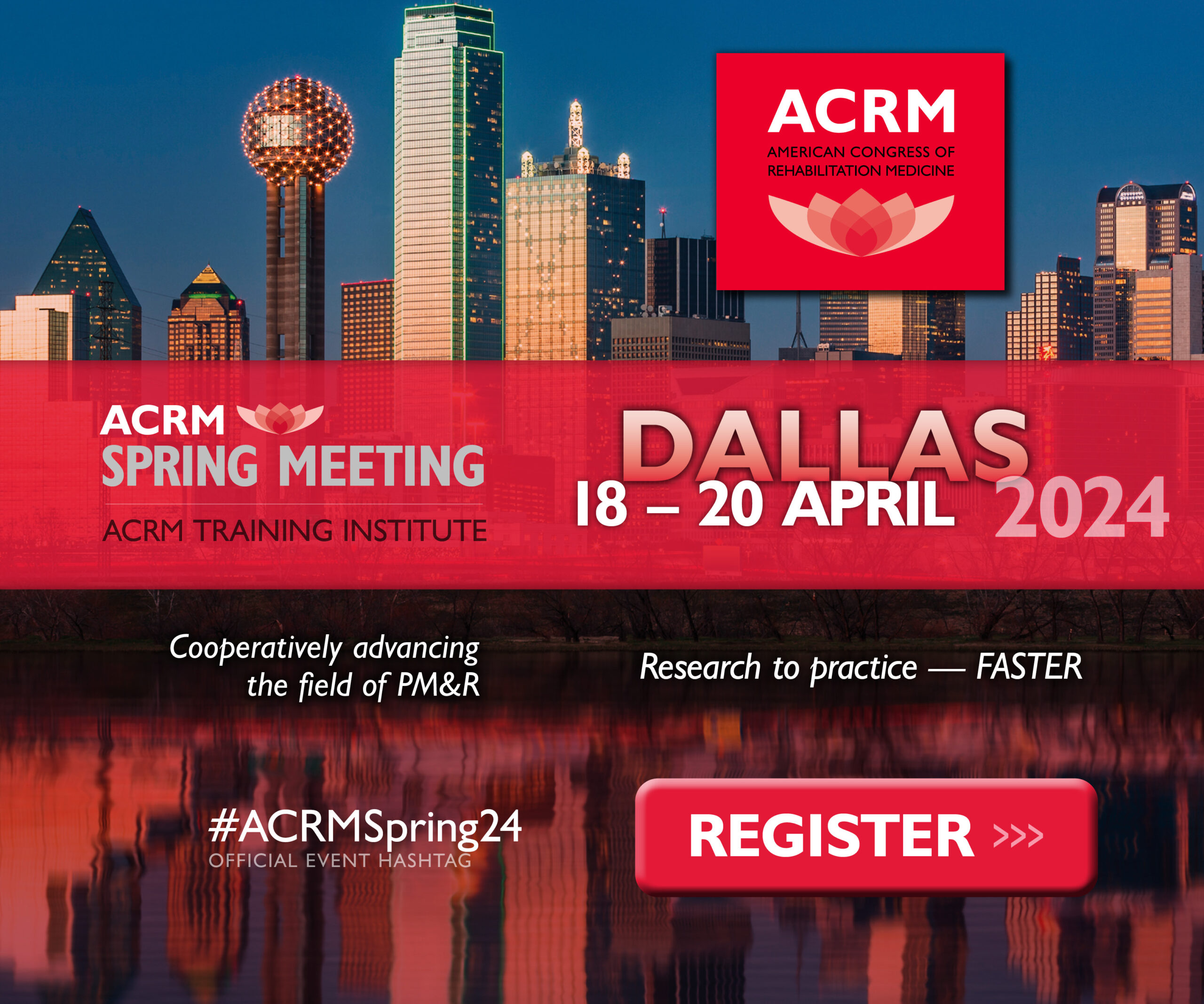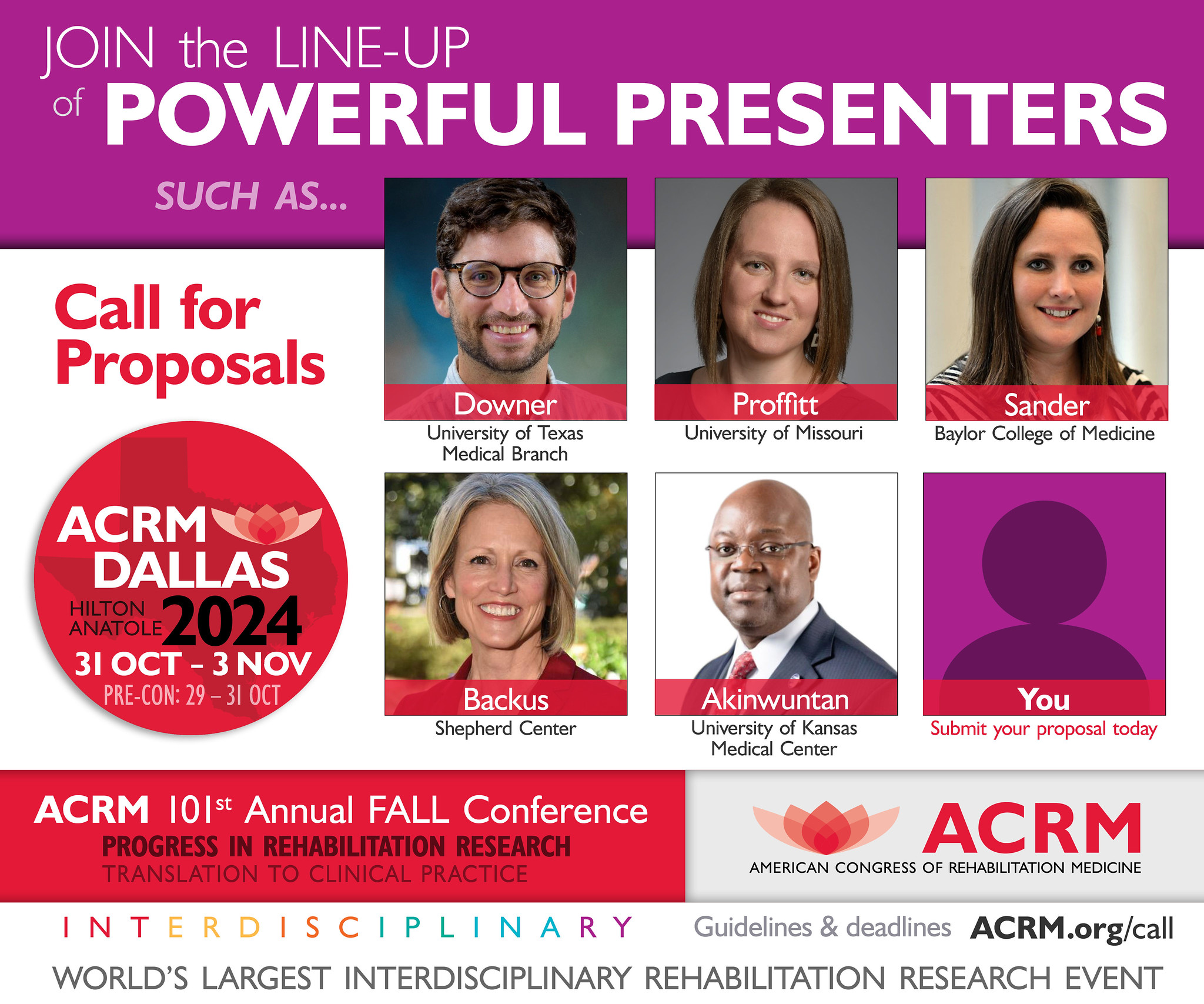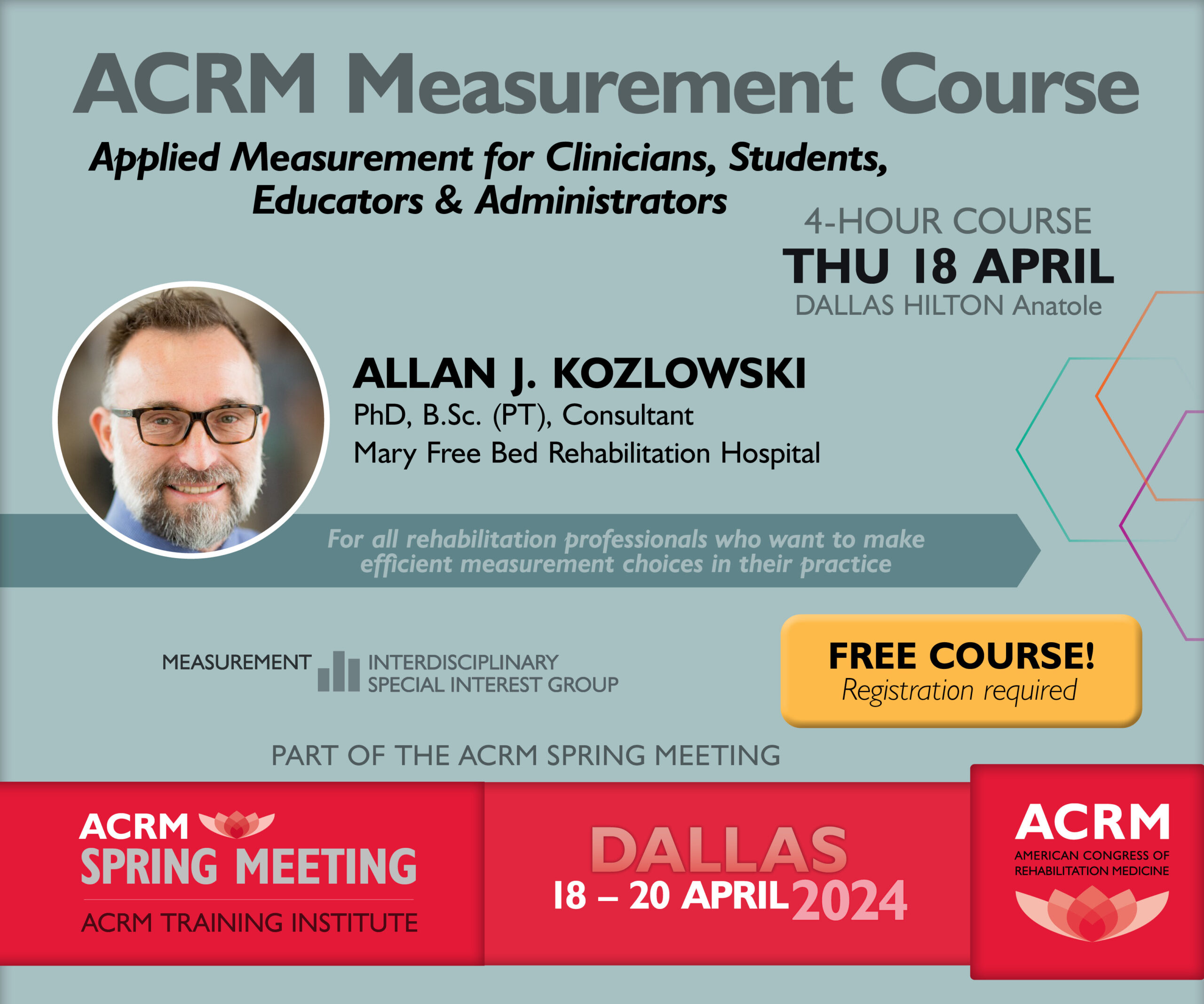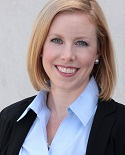 Written By: Alison M. Cogan, PhD, OTR/L
Written By: Alison M. Cogan, PhD, OTR/L
Early career rehabilitation scientists and clinicians have a lot on their plate: finding the right position, applying for research funding, getting publications out, conducting studies, treating patients, teaching courses, and more. Sometimes it feels like taking anything else on would get in the way of reaching all of your professional goals, let alone having some balance with your personal life! Also, when we are early in our professional careers or still students or postdocs, we may feel like we do not have much to contribute.
Getting involved in professional organizations (like ACRM) does take some extra time, but in my experience, it has been richly rewarding and helped me progress toward several of those professional goals without infringing on my personal life (too much). I’ve also learned that my perspective as an early career person brings a different point of view to my more experienced colleagues and is valued. Having diverse representation on committees is beneficial and allows the group to connect with a wider audience.
Here is why I think you should join a professional organization such as ACRM:
Benefits
- Joining ACRM special interest groups, networking groups, and task forces is a great way to meet other professionals at all career stages in your area of interest. For me, the connections I made through my ACRM participation as a doctoral student were pivotal in finding a great postdoctoral fellowship.
- Meeting others that share your research and clinical interests is a great way to identify potential mentors. Membership in a special interest group, networking group, and/or task force provides opportunities to work with others on developing products, including conference presentations and journal articles, in which you can work with and learn from more senior colleagues. At the same time, you are building your CV and therefore advancing those professional goals.
- Leadership skills. It is one thing to volunteer to be part of a team, but quite another to take on a leadership role. I admit that I was intimidated about stepping up to become the chair-elect and then chair of the ECNG Communications Task Force. However, I had great guidance from the immediate past chair, Dawn Neumann (more mentorship!), and the role has given me the chance to work on my leadership and communication skills in a new way.
Challenges
- Time management. In order to make the most out of your professional involvement, time management is essential. It is necessary to carve out time in an already busy schedule to complete the tasks you have volunteered for and participate in regular conference calls. Good planning (and sticking to your schedule) is essential.
- There may be so many projects in which we would like to be involved, the challenge is to prioritize which ones are the best use of our time. It is important to be discerning and focus on the opportunities that are best aligned with your overall career goals.
- Knowing your limits. For some of us (myself included), it is hard to say “no” to a project that sounds exciting and professionally productive. However, it is important to be mindful of all of your other obligations and knowing your personal limits. If you offer to do something but then do not get it done, the result will be more stress for you and the other people involved in the project. Consider the time of year, other projects, upcoming deadlines, etc. when you are deciding how to allocate your time and energy.
Overall, the benefits of getting involved in professional organizations like ACRM have vastly outweighed the challenges. It is a great tool for advancing your career and facilitating personal growth as the skill you acquire though serving on a committee are transferable and can be applied/are valuable outside of the committee. Plus, you have the satisfaction of knowing you have contributed to your profession.
If you are thinking about becoming more involved, check out the links to the various ACRM communities or contact one of the ECNG task force chairs to explore opportunities that match your expertise and goals.
IMPROVING LIVES
through interdisciplinary rehabilitation research
